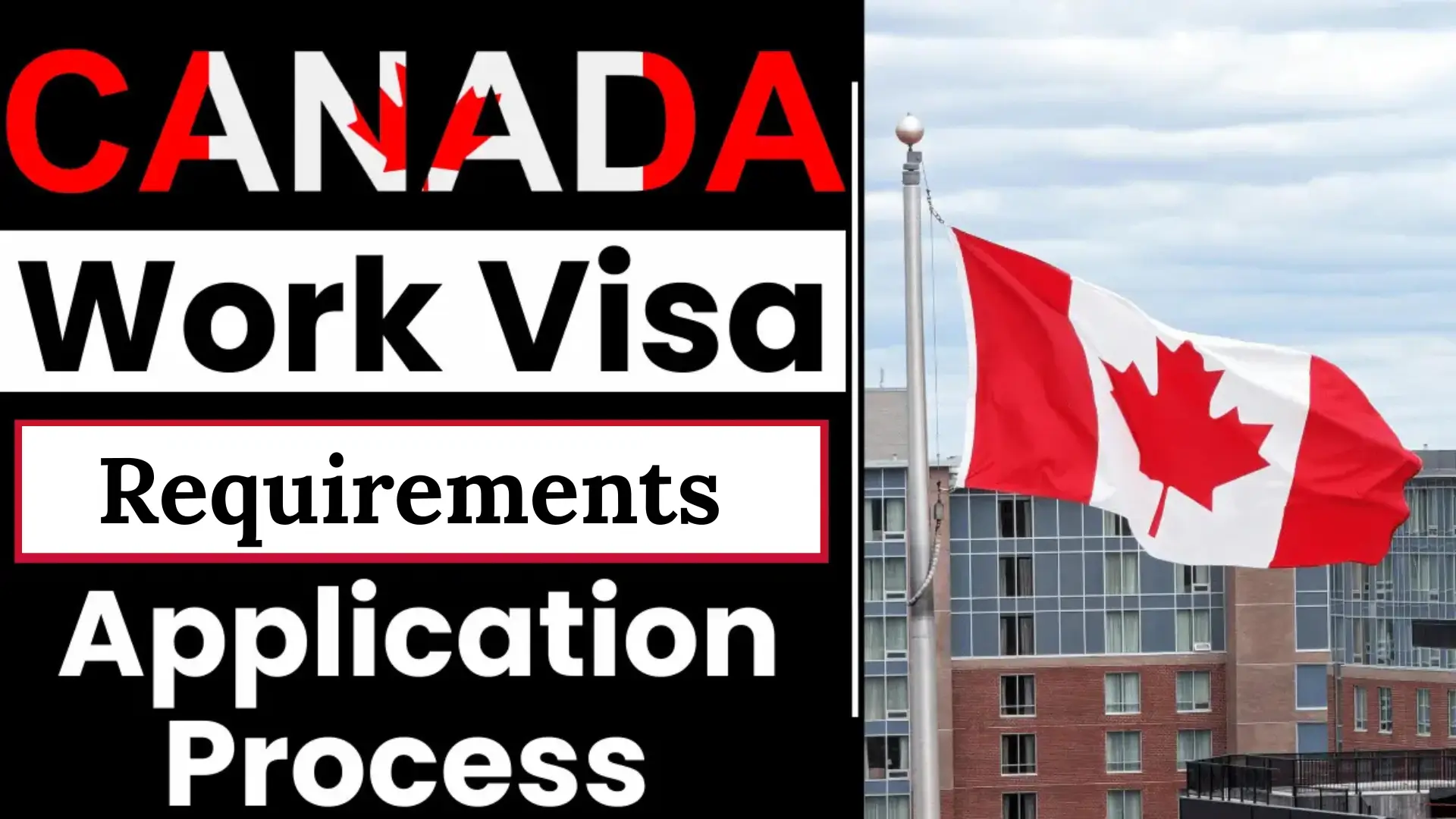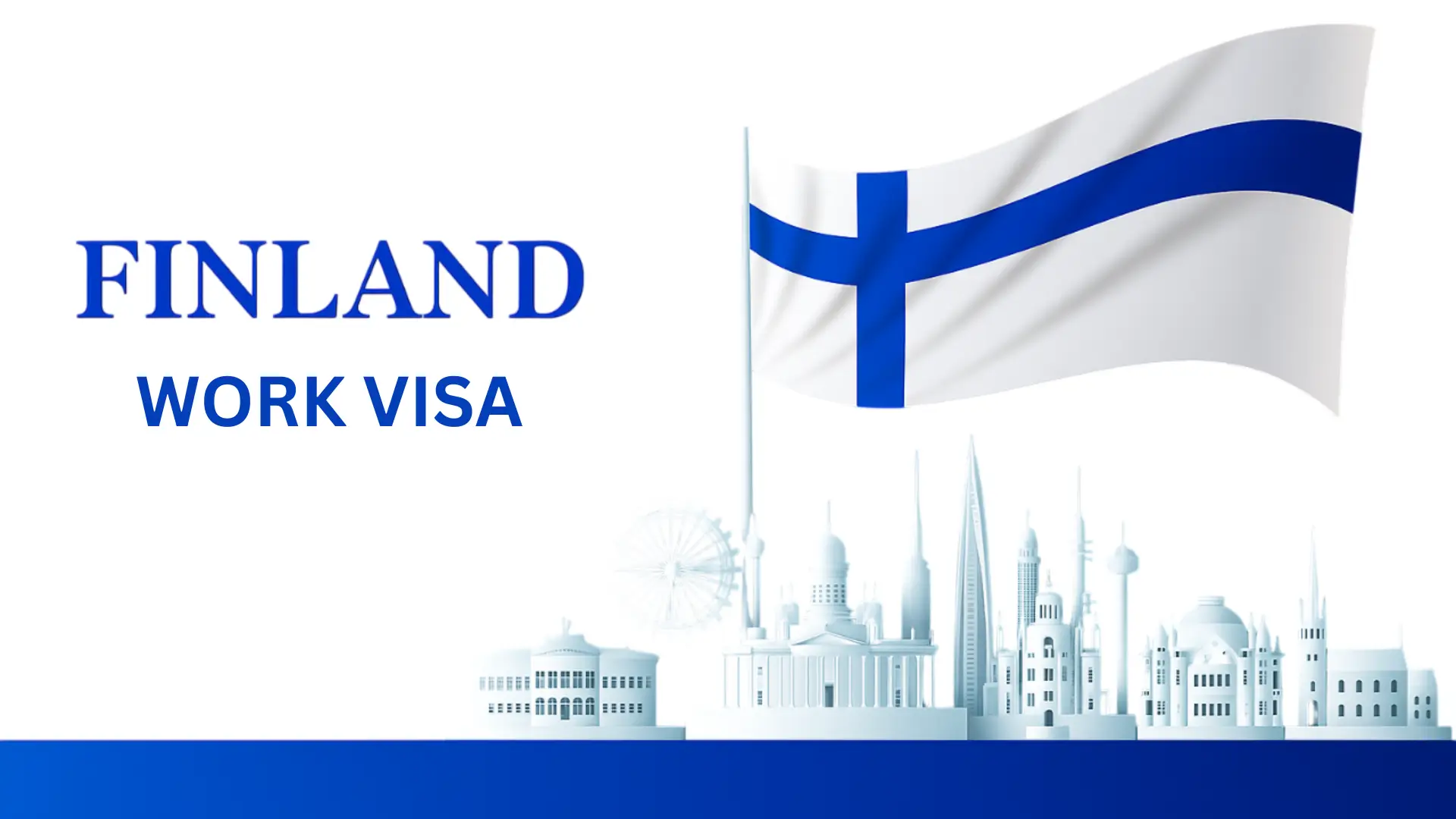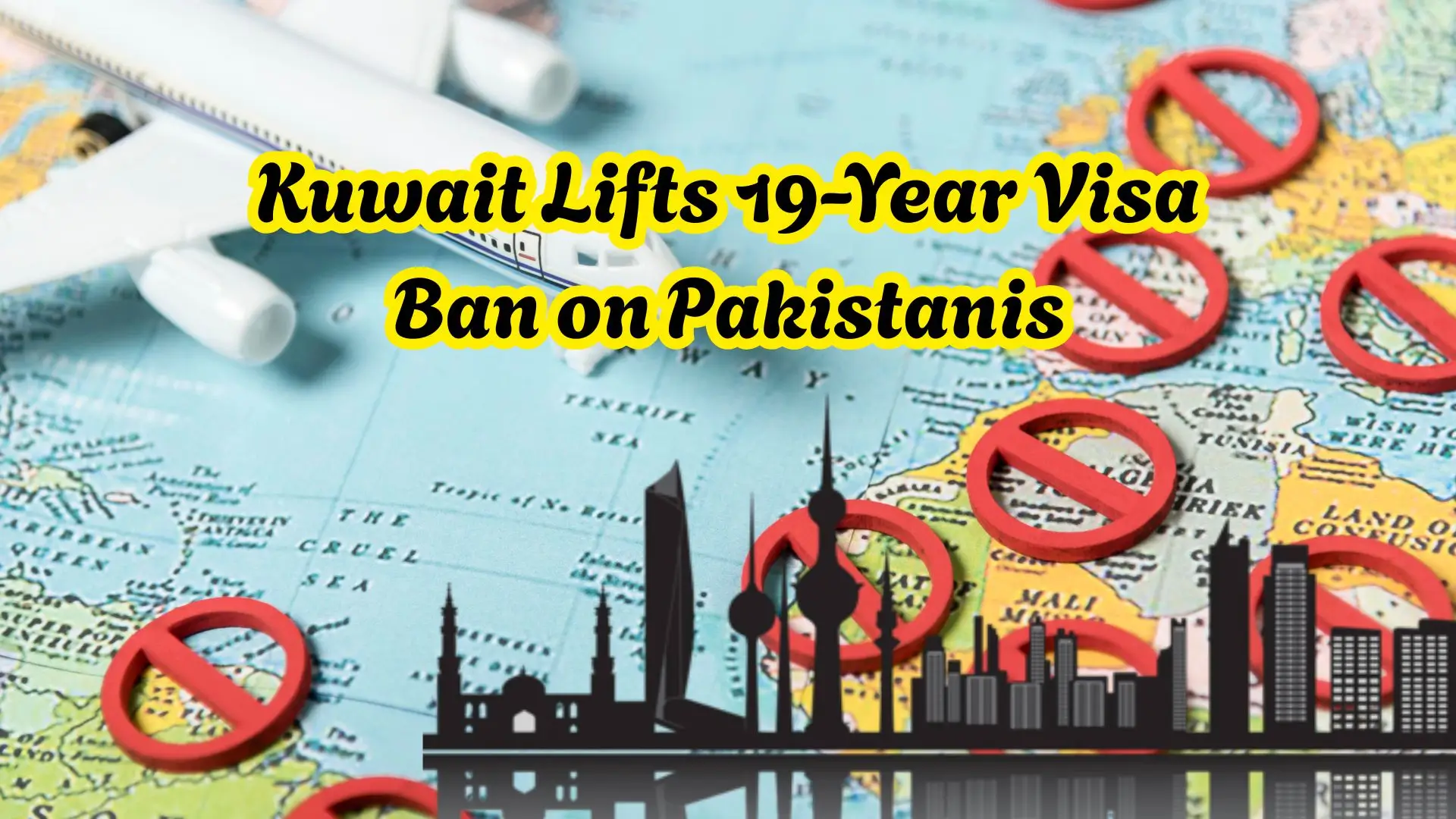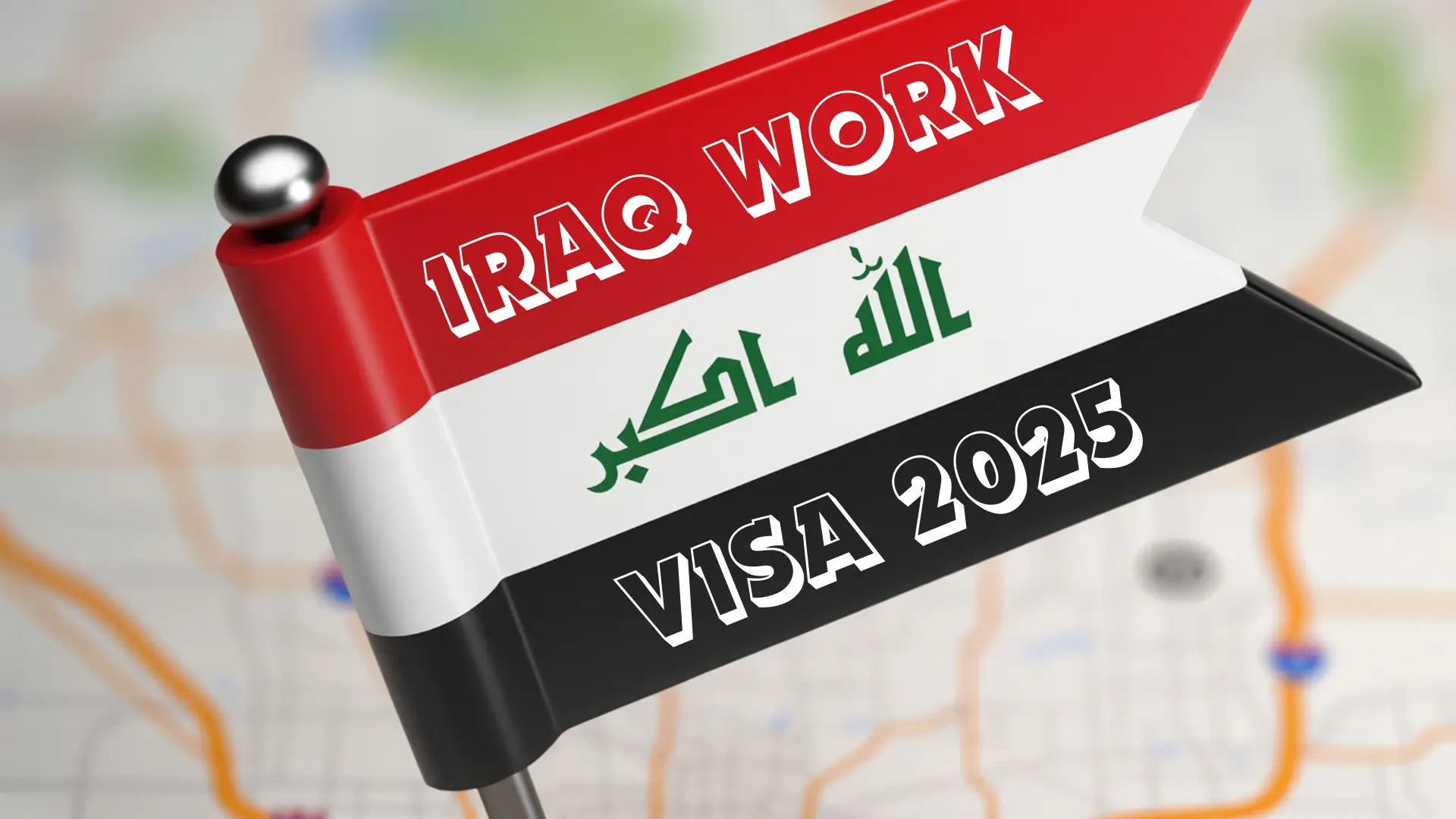Canada Work Visa Requirements 2025 – Complete Guide & Eligibility. Canada continues to be a top destination for professionals seeking new opportunities abroad. Whether you’re aiming to work temporarily or transition to permanent residency, understanding Canada’s work visa requirements is essential. This comprehensive guide covers everything you need to know about obtaining a Canadian work visa.
Understanding Canadian Work Permits
In Canada, a work permit is a legal document that allows foreign nationals to work within the country. There are two primary types of work permits:
- Employer-Specific Work Permit: This permit ties the worker to a specific employer, job, and location. It’s the most common type and often requires a Labour Market Impact Assessment (LMIA) from the employer.
- Open Work Permit: This permit allows the holder to work for any employer in Canada, except those listed as ineligible. It’s typically issued in specific situations, such as for spouses of skilled workers or international students.
General Eligibility Criteria
To be eligible for a Canadian work permit, applicants generally must:
- Job Offer: Have a valid job offer from a Canadian employer.
- LMIA Requirement: For employer-specific permits, the employer may need to obtain a positive LMIA, demonstrating that no Canadian citizen or permanent resident is available for the position.
- Proof of Intent to Leave: Demonstrate the intention to leave Canada at the end of the authorized stay.
- Financial Stability: Show proof of sufficient funds to support oneself and any accompanying family members during the stay.
- No Criminal Record: Provide a police certificate to prove no criminal history.
- Medical Examination: Undergo a medical exam if required.
- Valid Passport: Hold a passport valid for the duration of the intended stay.
Types of Work Permits
1. Employer-Specific Work Permit
This permit is tied to a specific employer, job, and location. To apply:
- Employer’s Role: The employer must obtain a positive LMIA from Employment and Social Development Canada (ESDC), unless the job is LMIA-exempt.
- Job Offer: The employer provides a detailed job offer letter to the applicant.
- Application: The applicant submits the work permit application to Immigration, Refugees and Citizenship Canada (IRCC) with the LMIA and job offer letter.
2. Open Work Permit
This permit allows the holder to work for any employer in Canada, with some exceptions. Eligibility includes:
- Spouse or Common-Law Partner: Of a skilled worker or international student.
- Post-Graduation Work Permit Program (PGWPP): For graduates from eligible Canadian post-secondary institutions.
- International Experience Canada (IEC): For youth from countries with reciprocal agreements.
- Bridging Open Work Permit (BOWP): For individuals applying for permanent residence.
Application Process
The application process for a Canadian work permit typically involves:
- Determine Eligibility: Ensure you meet the general requirements and specific criteria for the desired work permit type.
- Gather Documents: Collect necessary documents, including:
- Valid passport
- Job offer letter
- LMIA (if applicable)
- Proof of funds
- Police certificate
- Medical exam results (if required)
- Submit Application: Apply online or at a Canadian visa office, depending on your location.
- Biometrics Appointment: Attend a biometrics appointment if required.
- Wait for Processing: Processing times vary; check the IRCC website for current estimates.
- Receive Decision: If approved, receive your work permit and prepare for your move to Canada.
Important Considerations
- Processing Times: Processing times can vary based on the type of permit and the applicant’s country of residence. It’s advisable to apply well in advance.
- Work Permit Duration: Work permits are typically issued for the duration of the job offer, up to a maximum of four years.
- Family Members: Spouses and dependent children may be eligible to accompany the work permit holder to Canada.
- Transition to Permanent Residency: Certain work permits, like the PGWPP, can lead to permanent residency through programs like Express Entry.
Conclusion
Obtaining a Canadian work visa requires careful planning and adherence to the application process. By understanding the types of work permits, eligibility criteria, and application steps, you can enhance your chances of a successful application. Always ensure that you provide accurate and complete information to avoid delays or refusals.













